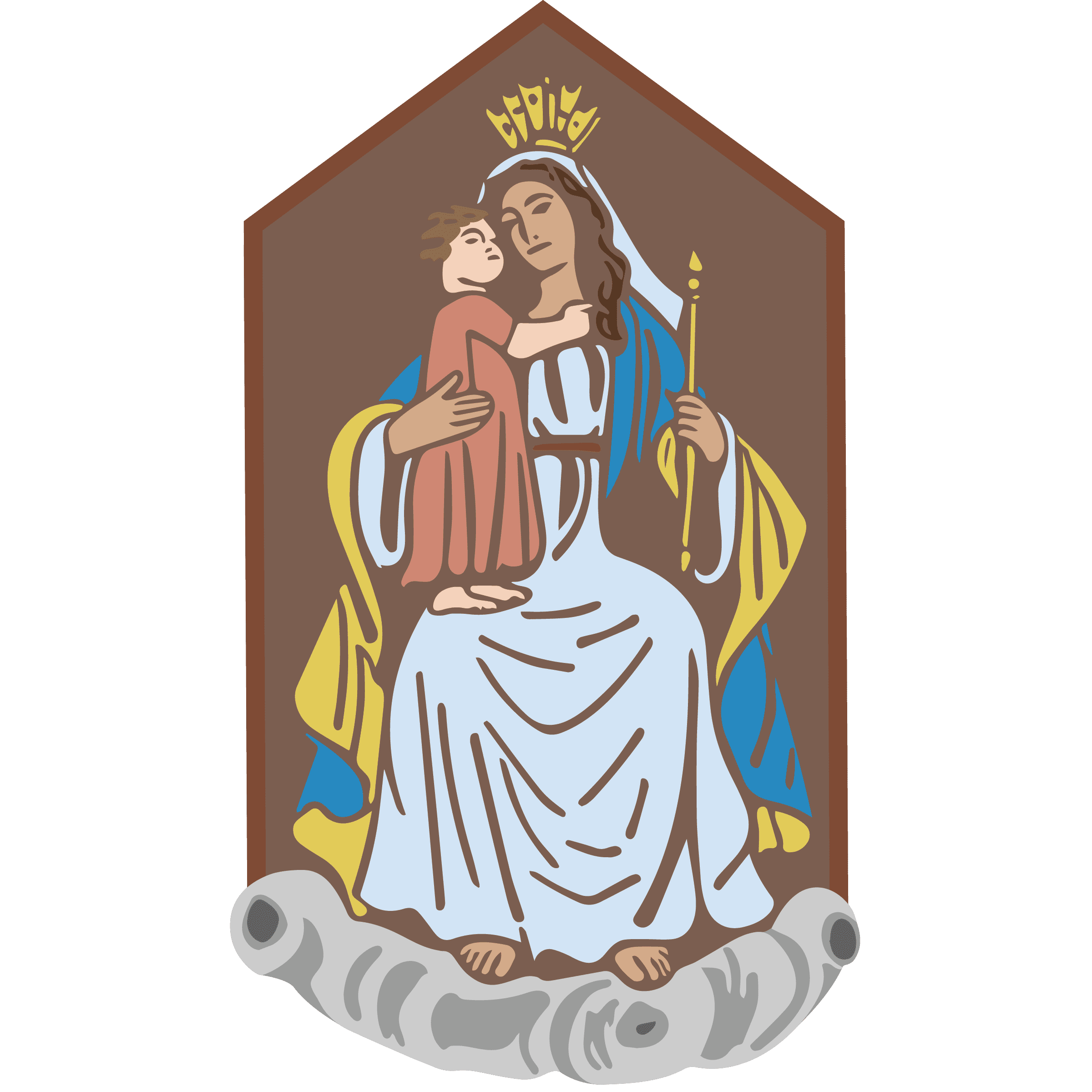July 29, 2018 17th Sunday in Ordinary Time
This weekend I am celebrating Masses at St. John the Baptist parish in Healdsburg, California and will be back in the office on Wednesday, August 1st after my 10-day vacation. It’s hard to believe that June and July have passed by so quickly. With August on the horizon, kids will soon be heading off to college and high school – some for the first time. Grammar schools will be starting mid to late August, and it seems that summer will be gone! But wait! Let’s not rush it! We still have Vacation Bible School coming up at Our Lady of Mercy August 6th through 10th. We look forward to welcoming our children for “Shipwrecked – Rescued By Jesus” for a half day of fun, games, music, crafts and learning about Jesus. Thanks to Jill Levine, Mary Jo Trapani, and all the adult and teen volunteers for making VBS an enjoyable experience for our children.
In today’s Gospel reading we remember that most famous picnic in religious history. How many people were there? Some say 5,000. Did that include women and children? We know there was at least one child – girl or boy, nobody knows for sure – who was vital to the story. This event wins the prize as scripture’s number-one picnic because the New Testament narrates a version of it six times: twice each in Matthew and Mark, once in Luke and once in John. Today we hear John’s rendition. John’s story involves a variety of characters. First, Jesus looks at the mass of people. Then he brings Philip into the action, asking him where they can buy food to feed that crowd. Philip responds as a pragmatist, not-so-gently reminding Jesus of the limitations of their funds. Then Andrew enters into the conversation, saying that there’s a child who has five barley rolls and two fish. Altogether that adds up to seven morsels – the number symbolizes completeness, but in this case it seems more like complete inadequacy. Now we are at the heart of the story. Just when the disciples have pointed out the absurd limitations of their ability to respond, Jesus has them tell the people to recline in preparation for a feast. While thousands look on, Jesus take the food and prays. John says that Jesus “gave thanks.” That implies that he acknowledged that the food he held came from God and belonged to God. Once the child handed it over and Jesus gave thanks over it, it was recognized as God’s food, and it was therefore God’s goodness that the crowd was going to share. No evangelist describes how the bread multiplied and the how is not the point John wants to make. The point is that God met the hunger of the people, beginning with the unstinting generosity of one of the least among them – a child. So what does this story mean for us today? Some understand it like the miracle portrayed in the movies when bread shoots out of baskets like popcorn. That interpretation gives God the responsibility to do everything. Many people who know poverty see it a different way. People who have passed the end of their rope and still survive, recognize this as an example of God’s providence. They can tell story after story about how God sent someone at just the right moment; how someone found the money for rent on the morning before eviction, how a donation came in on the day the orphanage ran out of food….how God comes through again and again, through some often unsuspecting, usually unexpected, generous soul. This story reminds us that God can work wonders with the little we have if we are willing to give it all – like the child in today’s Gospel.
Have a Blessed Week!
Father Don

